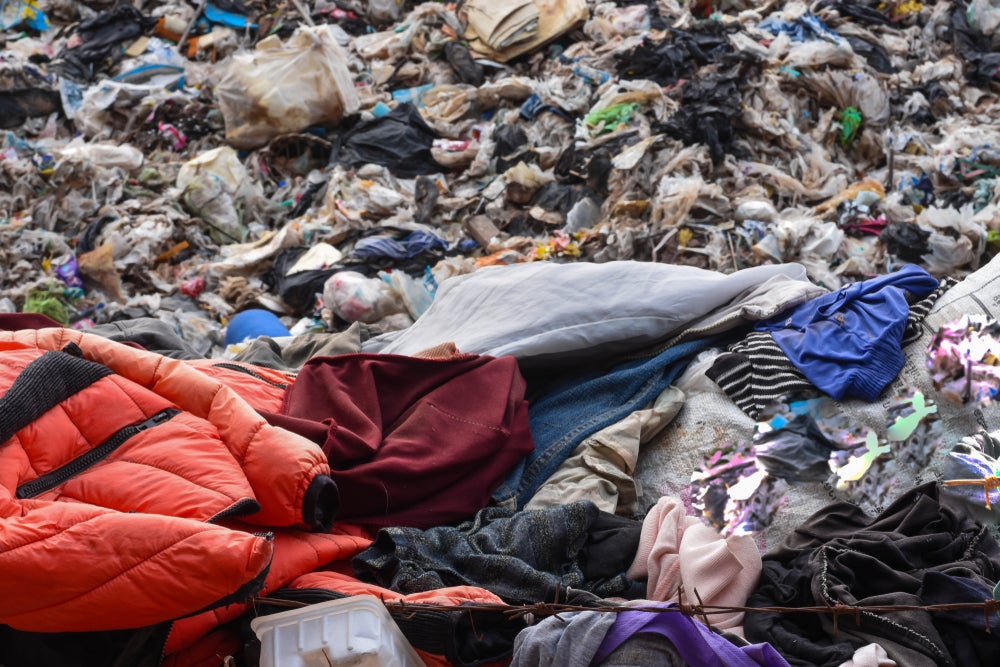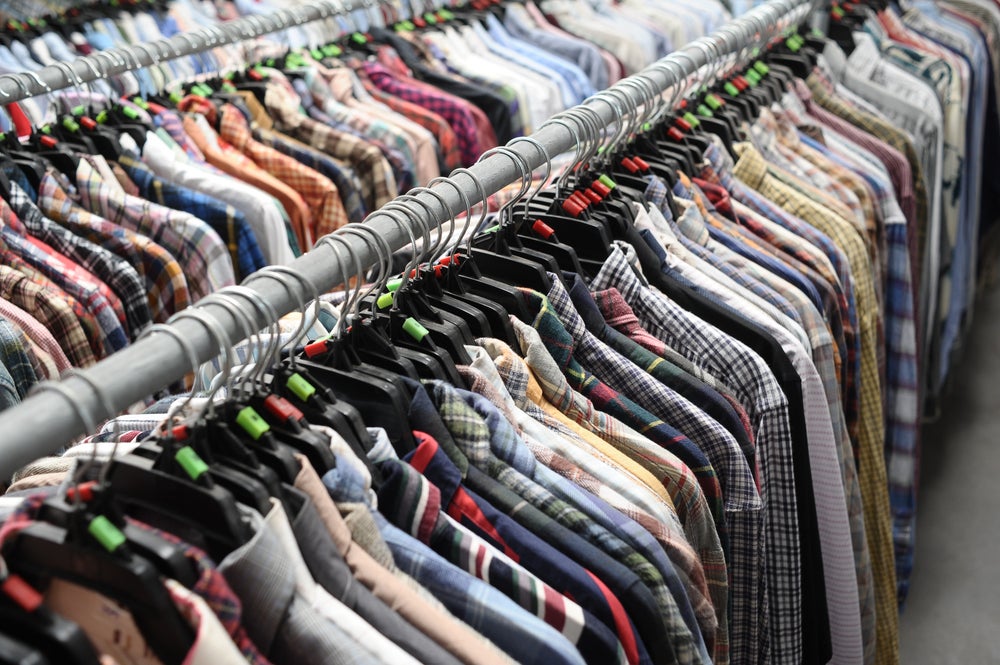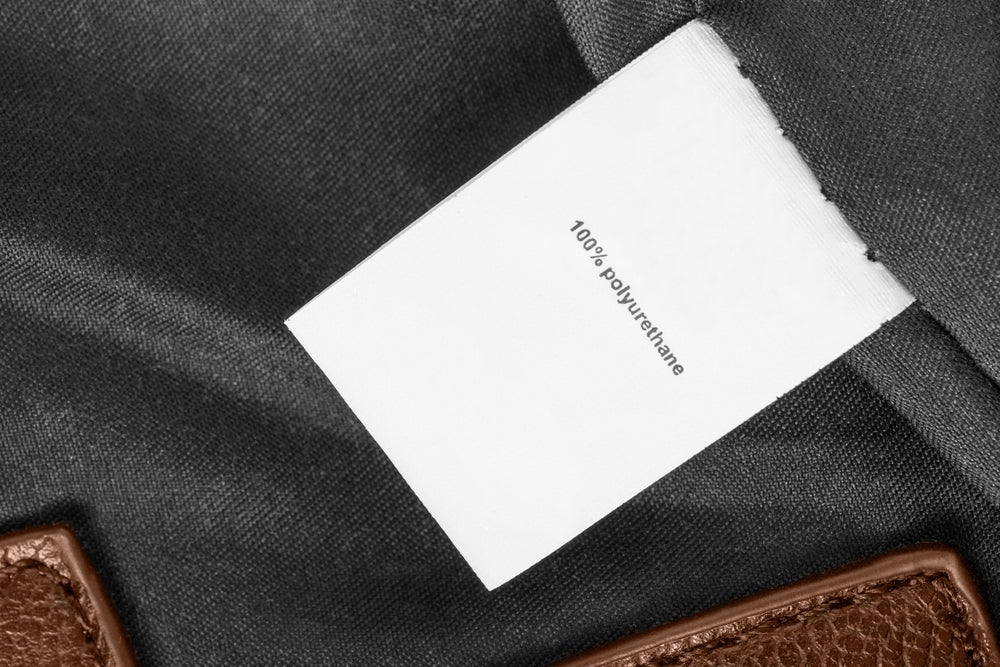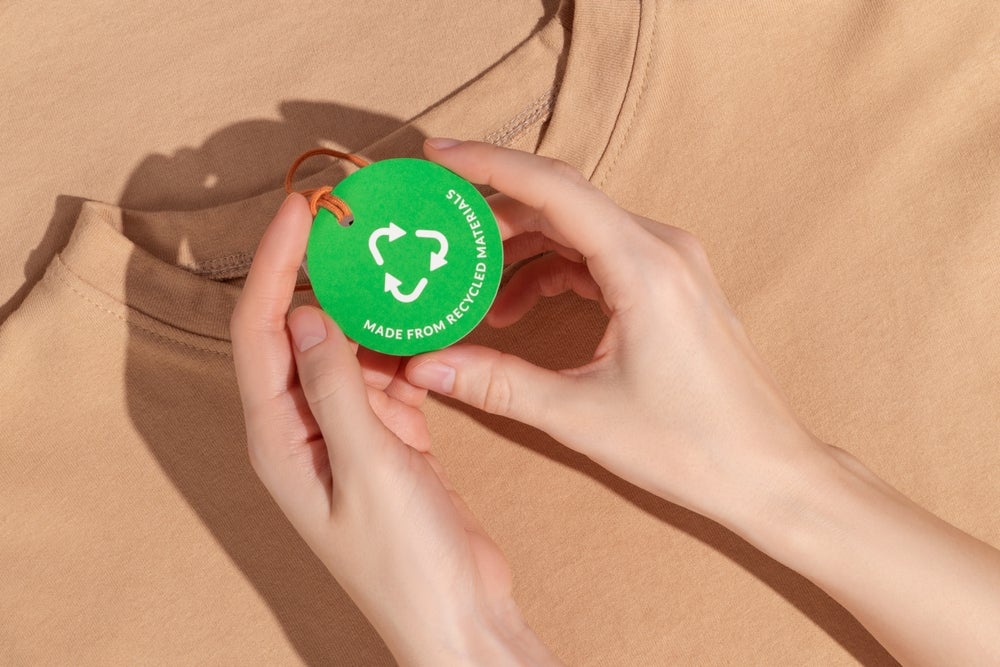
The new factory claims to be the UK’s first sustainable textiles factory with the population of Hull being promised the creation of up to 30 job opportunities. The facility will house a recycling and remanufacturing process for waste textiles, encompassing clothing, accessories, and home furnishings.
The first phase of the UK textile factory is scheduled for completion in the upcoming autumn with a further £400k investment earmarked for the factory, with full operational capability expected by spring 2024.
Hull, already celebrated for its industrial history, is set to bolster its reputation as an innovation hub for textile recycling. The venture is aimed to address the environmental concerns surrounding the fashion industry, emphasising sustainability, and circularity and contributing to the growth of the city.
The textile recycling process will start with sorting and grading, followed by a commercial-grade cleaning cycle and a deconstruction phase to remove hardware like zippers and buttons while separating multi-materials.
Subsequently, the cleaned and deconstructed textiles will be transformed into new garments, accessories, and various products by MYGroup’s dedicated ReFactory team.
Steve Carrie, director at MYGroup, expressed his pride in launching the textile factory, underscoring the company and Hull’s commitment to sustainability and innovation: “We’re ahead of the curve and building a factory of the future – our end-to-end recycling process combined with remanufacturing capabilities will revolutionise the way our industry thinks about textiles waste.”
How well do you really know your competitors?
Access the most comprehensive Company Profiles on the market, powered by GlobalData. Save hours of research. Gain competitive edge.

Thank you!
Your download email will arrive shortly
Not ready to buy yet? Download a free sample
We are confident about the unique quality of our Company Profiles. However, we want you to make the most beneficial decision for your business, so we offer a free sample that you can download by submitting the below form
By GlobalDataThe textile factory’s primary goal is to divert a substantial portion of textile waste away from landfills and incineration by adopting an end-to-end recycling and remanufacturing process. This circular approach plans to reduce the need for virgin resources and mitigating the environmental impact of textile production.
MYGroup notes that sustainability is at the core of the factory’s design, and introduced eco-friendly elements such as MYboard, a material similar in composition to plywood, crafted entirely from plastic recycled at its Hull facility. This sustainable material will be used for interior walls, alongside environmentally conscious design elements like sensor-based lighting in high-traffic areas and water-saving toilets.
Spanning two storeys and covering an area of 1,300 square meters, the UK textile factory will be constructed within a previously unused laboratory and office space within MYGroup’s Morley Street recycling campus in Hull.
To ensure the factory operates efficiently, MYGroup plans to employ a multi-disciplinary team, ranging from designers, pattern cutters, and sewing machinists to sales and administrative support staff.
In another bid to reinforce sustainability and circularity, MYGroup recently acquired industrial sewing machines and specialised equipment from a ceased clothing manufacturer.
According to the Waste and Resources Action Programme (WRAP), a prominent waste charity, the UK consumed approximately 1.1 million tonnes of textiles in 2019, making it one of Europe’s largest consumers of clothing. In 2019 alone, WRAP estimates that around 350,000 tons of used clothing and textiles were sent to landfill.
Katie Robinson, textiles manager at MYGroup, added: “The landscape of the fashion and textiles industry is changing. No longer can the linear model of ‘take, make, and dispose’ continue. Legislation to enforce a more circular approach is fast approaching, and we are seeing more and more of the largest brands in the industry engaging with us on recycling their waste textiles.”







